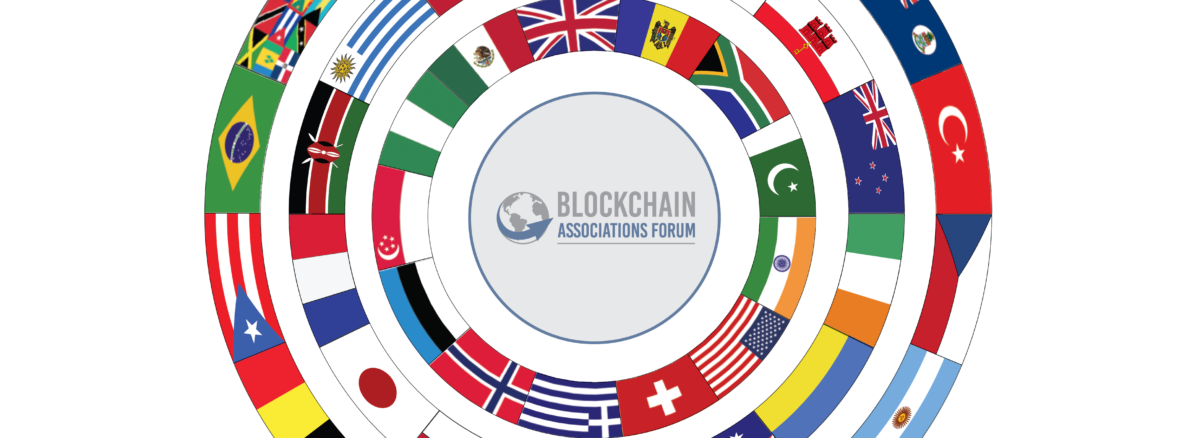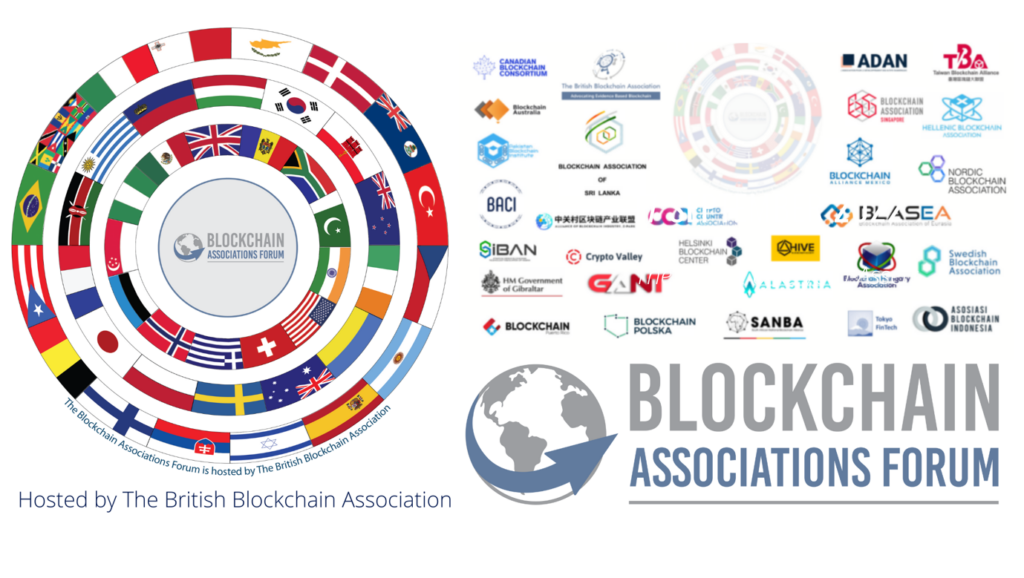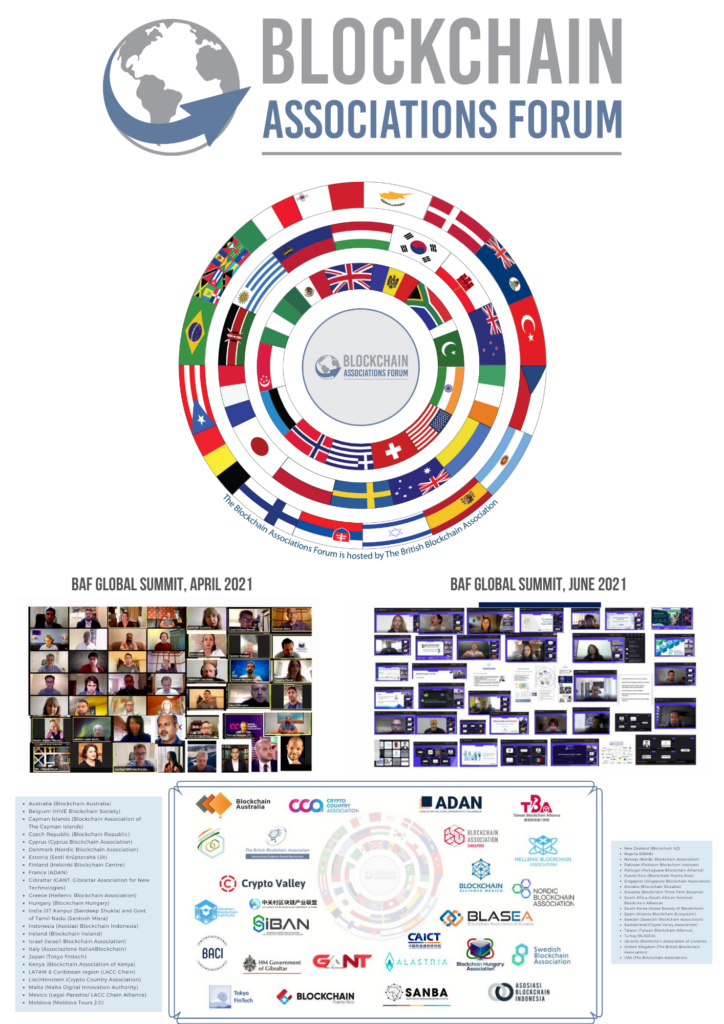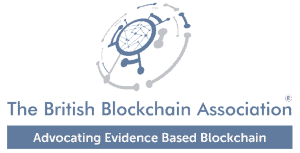Nations’ Collective Wisdom & International Collaboration on Blockchain
Introduction: The importance of international collaboration on blockchain
For a world that aims to move to a citizen-centered approach, and where data is controlled by its owner, an approach shift is required, involving the need to reconceptualise and instantiate the Internet based on its foundational intentions, where trust is integrated into every part of the infrastructure. In this structure, identity, rights, and citizenship will be embedded at the core and properly define identity and enact smart contracts which do not need a third party to be involved. To this end, which might not respect but transcend international borders, laws, and rights, international as well as interdisciplinary collaboration is a requirement to build an infrastructure that can scale from the local level (micro) to a global level (macro), with new models of operation and laws recast into and enacted as smart contracts. Blockchain technology has all the necessary requirements to provide the basis of this approach. By being inherently decentralised and encrypted, the blockchain becomes the ground for new ecosystems with little to no respect for national legislation. Since this lack of respect is essentially ‘unbiased’, it leads naturally to international collaboration, already seen in the international efforts to standardize and regulate this emerging area of technology, as well as in the advances on the legal status and applications of smart contracts. Thus, the blockchain can also provide a means to streamline public and government interactions, with associated opportunities for consumers and businesses. Without this collaborative effort, individual nations can be marginalised and excluded from research and associated benefits of implemented projects.
Taking these considerations into account, a blockchain based digital economy is expected to have the ability to act as a catalyst for growth and provide a platform on which international, borderless, innovating practices can thrive and lead towards a true collaborative global economy by facilitating novel approaches and solutions to deeply rooted and long-lasting problems of the currently implemented economic model, thus benefiting the wider community. In this collaborative context, the society allows digital economy to flourish and grow regardless of local particularities such as geopolitical ideologies, and by construction, a technology like blockchain holds the transformative potential to unite the nations together by offering an alliance of a wide range of internationally relevant application areas across industries. The core of such an alliance should be the promotion of technologies that link industries, the public sector and academia, while at the same time integrating key stakeholders such as law, finance and health care through a foundational and transparent structure provided by appropriate standards.
Blockchain Associations Forum (BAF): definition and scope
Blockchain Associations Forum (BAF) is an inter-disciplinary, transnational harmonisation group consisting of some of the most influential blockchain and Distributed Ledger Technology (DLT) associations, whose common goal is to achieve international cooperation and to address global pressing challenges and explore solutions faced by the industry around blockchain education, workforce planning, policy making and government regulation, while promoting the fostering of a learning culture by sharing intellectual resources in accordance with emerging evidence and local and regional requirements. Since a collaborative approach with international players is encouraged, building new links and connections within the market, and sharing optimal practices to learn from other countries that have successfully implemented blockchain in their socioeconomic infrastructures. A global platform such as the Blockchain Associations Forum can thus provide a platform for an exchange of ideas, resources, and shared objectives, as well as an interconnected hub to support international efforts in the spirit of inclusion, diversity, and collaboration.
Why the world needs BAF – a “united nations” of blockchain
A blockchain-based digital economy facilitating the emergence of a truly collaborative global economy highlights the need for a collaborative multi-stakeholder and international approach to policy standards, that protect the rights of citizens across countries without stifling innovation. BAF emerges as an answer to this demand by providing a platform on which communication and consultation between governments, leading Blockchain and DLT associations, and the broader community enables all parties involved to better understand the interests and concerns of other stakeholders, and the impact of blockchain technology more broadly by transcending potential national obstructions and by participating and benefiting from adopting the borderless nature of the blockchain itself. Consequently, through efforts such as BAF, governments and innovators globally are encouraged and expected to share information regarding the outcomes of pilots, regulatory structures, and other activities related to the broad range of applications of DLT towards a fundamentally globalised transformed economy.
BAF’s vital role in establishing global consensus around DLT and crypto technologies
Blockchain is still a relatively new technology and faces many challenges, including performance and scalability, energy consumption, data privacy, integration with legacy infrastructures, and interoperability between different platforms. Considering the extended transformative effect that blockchain is expected to have and across sectors toward a global blockchain-based economy, policymakers and regulators must assess whether existing policies and laws are sufficient, or whether new frameworks are required. Pertaining critical issues such as the classification of tokens and coins, validity of smart contracts, consumer and investment protection, and data protection and privacy must also be addressed. Given the global scale of these effects, potential solutions should necessarily involve and facilitate collaboration between policymakers, regulators, governments, the industry, and other stakeholders. Given BAF’s dynamic influence potential and a clear focus on approaching these issues and informing participants by sharing intellectual resources, it can directly affect decision-makers and stakeholders to understand the wide implications of this disruptive technology and develop an effective policy framework capable of addressing these issues. International interdisciplinary collaboration fostered by BAF can provide insights into potential ways to regulate individual aspects underlying the various use cases of blockchain technology, since blockchain technology are inherently resistant to conventional regulation. While there is no clear, relevant, and globally applicable combination of governance mechanisms for blockchain technology, suitable mixtures of locally dependent and globally consistent regulatory levers for maintaining the appropriate balance are expected to be reached and agreed to by such a collaboration, thus forging a consensus around DLT and crypto technologies.
Arguably, in order for this collaboration to be facilitated, the key drivers of blockchain technology adoption among consumers must be identified and the abstraction gap between consumers and technology interfaces should be bridged. Thus, BAF’s interconnected hub can directly come into play by identifying stakeholders and actively engaging them into interaction by addressing individual concerns, managing expectations, and offering support and resources for their sustainable growth contextually within the operational framework. Consequently, it follows that any consensus reached in this way should consider both the outcomes and the building processes and ongoing interactions between stakeholders. Governments must ensure the alignment of proposals involving initiatives from academia, policy development and the economy, with the proposed national blockchain roadmap of each country, as well as aid in developing and subsequently adopting global blockchain execution frameworks within existing networks to ensure coherent operability. Recognising the common goals and benefits is thereby proactively established. BAF’s composition can also recast the continuation of the current dialogue surrounding blockchain regulation and consensus on a firm footing by promoting standardisation and ensuring that all aspects of its governance are properly addressed.
Benefits of BAF participation for countries with a national blockchain association
BAF’s prioritised learning culture facilitated by sharing intellectual resources can thus lead to unraveling and fulfilling blockchain’s potential that depends upon policy frameworks supporting innovation and local experimentation while acknowledging and mitigating global risks. Given the inherently borderless nature of a blockchain-based global economy, the global context must be considered. With BAF being comprised by multinational groups consisting of Blockchain and DLT associations, its policy expertise and international reach is uniquely capable of initiating decision-makers, industry leaders and other stakeholders to explore the implications of blockchain technology-induced transformation of the economy and develop effective solutions towards a framework for viable and sensible blockchain innovation and adoption on a local (national) scale. BAF’s summit report makes it clear that while each participant country with a blockchain association focuses on a variety of different points, identifying different goals and aiming for different milestones while dealing with different hurdles about the status of the country’s blockchain engagement and development, there is a strong convergence towards a mutual level of benefit strongly related to growth and regulated integration by directly participating into BAF. This collaborative approach shapes and shares the benefits of blockchain technology collectively through building new links with established market leaders and sharing commonly applicable general practices that have emerged from successfully implementing blockchain across various socioeconomic infrastructures that can be optimised for each individual participating country, while making significant contributions to the future of blockchain’s global ecosystem.
_________________
Dr Mureed Hussain FBBA is BAF’s Secretary and an Executive Director of the British Blockchain Association.
Sources:






